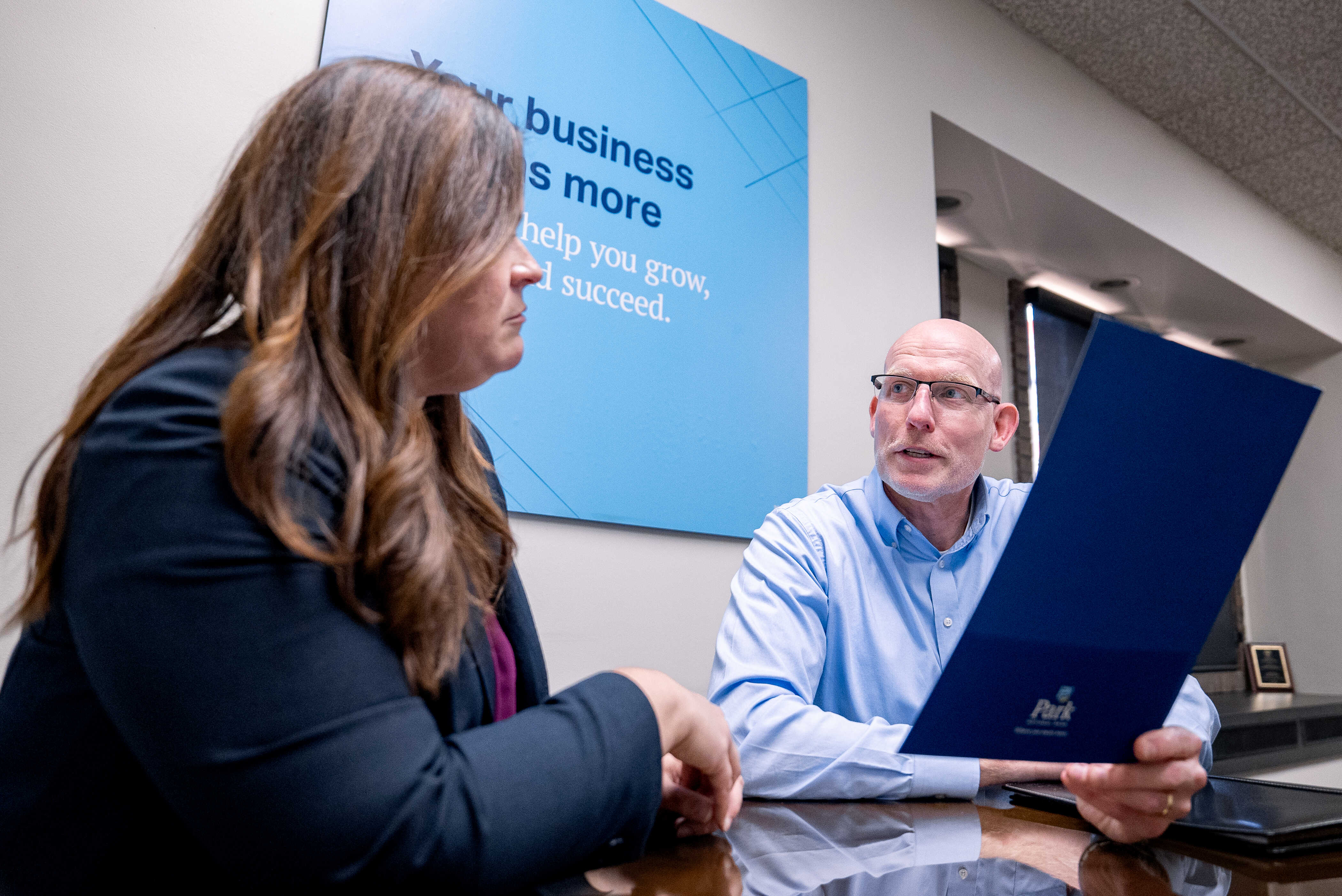How Business Owners Can Prepare When it’s Time to Grow–What to Know, Gather and Expect

When it’s time to expand—whether you’re renovating a space, purchasing equipment, launching a new product or simply preparing for new opportunities—access to financing can help you take the next step with confidence. But for even the most seasoned applicants, the commercial lending process can seem overwhelming.
With the right knowledge and support, however, financing becomes more than a transaction—it becomes a tool to help your business thrive and grow. When you know what to expect and take proactive steps to get organized, you simplify the process and position your business for long-term success.
Understand What Lenders Look For
When seeking financing, it’s not just about how much you need—it’s about why you need it and how you plan to use it. Whether funds are earmarked for construction, equipment or expansion, your lender will look for a clear, strategic purpose behind the request.
Lenders and borrowers should both want more than one way out, too, meaning more than one source of repayment of the loan. To that end, lenders will take a close look at your business cash flow to determine your capacity to repay the loan and evaluate additional sources of repayment such as sponsor support (personal guarantees) and collateral (property, inventory or equipment). Everyone loses if a business can’t repay a loan, but the business suffers the most, so having more than one source of repayment is in your best interest.
Finally, your experience, reputation and the strength of your leadership team all factor into the decision as well. Lenders aren’t just investing in a business, after all—they’re investing in the people behind it.
Take Time to Prepare the Right Materials
Preparing for a meeting with your lender starts with having the right information at your fingertips. Some business owners assume that minimal paperwork will suffice or that they can “figure it out” along the way, but this often leads to unnecessary delays.
Instead, be ready to share key documents such as personal financial statements, business and personal tax returns and pro forma financial statements. It’s always a great idea to ask the lender what information is needed to make a loan decision before your meeting. Having a complete and organized package not only saves time but also sets the stage for a productive conversation.
When you do meet, make sure your lender knows your timeline, too. If possible, talk to your lender before you sign any agreements or purchase contracts. The lender can share the timing of both the bank’s approval process and the closing process to help you negotiate a timeline that works for all involved parties.
Make Financing Part of Your Broader Strategy
The most successful business owners build a trusted team—including an accountant, a lawyer, a banker and insurance professionals—who understand their goals and can offer guidance. These advisors can help you think holistically about how financing fits into your broader strategy and offer guidance as your needs evolve. If there are challenges or risks, put them on the table early (or as we like to say, walk with good news and run with bad news). Lenders appreciate honesty and can better advocate for you when they have a full understanding of your business story. This kind of openness is the bedrock of a true partnership, which is just as critical as the preparation itself.
Remember, every bank approaches lending somewhat differently, so don’t hesitate to ask your lender how decisions are made, what the lending timeline looks like and how you can best collaborate.
At Park National Bank, we work to understand the full picture—your goals, your numbers and the opportunity ahead. Our relationship-based approach means you get personalized guidance, clear communication and a lending partner committed to helping your business grow with confidence. If you’re ready to build what’s next, reach out to us today.


